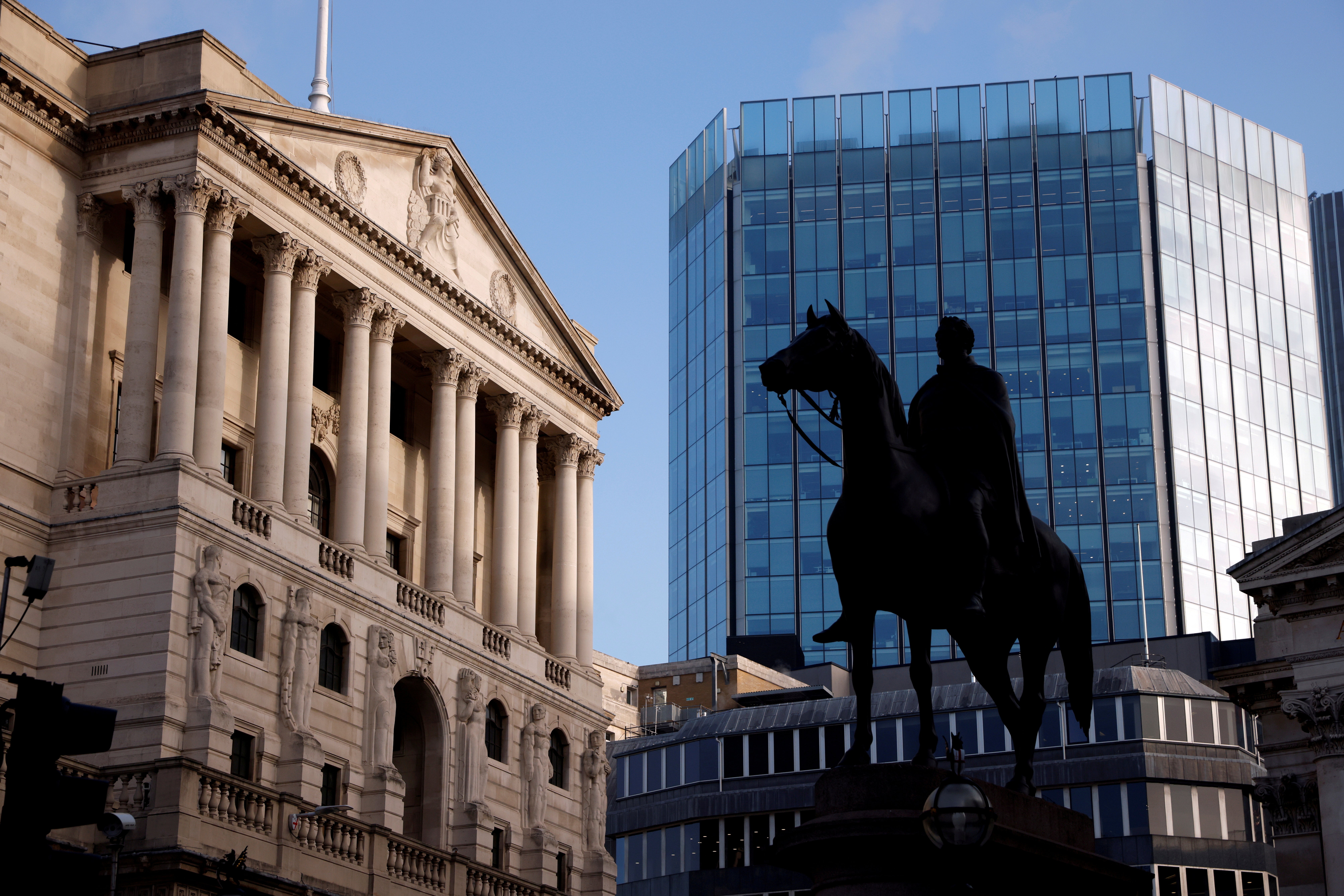Why still-cautious consumers could spend big in 2021
The vaccine rollout and households with larger disposable incomes mean it is not hard to see a surge in spending once the lockdown ends, says Hamish McRae. So what could possibly go wrong?


Hey, big spender, sang the great Shirley Bassey – and it looks as though this coming year people the world over will heed her call.
That is the argument in a new paper by Oxford Economics, “Why still-cautious consumers could spend big in 2021”. The argument goes like this. Four things are coming together that will encourage people to spend a lot of their money once the virus is beaten back and confidence returns. They cite “Sharply rising household savings, booming house prices, strong financial markets and unprecedented fiscal support”. I would add the ultra-easy monetary policies of the world’s central banks, which has led to the surge in house prices and equities and will not be reversed for a while yet.
This is also the view of the Federal Reserve in Washington DC. Its vice-chair, Richard Clarida, said last week: “We have a trillion (dollars) in excess savings. We have checks coming in the mailbox. There will be enough demand.” Other Fed officials have made similar points.
The key that unlocks this consumer boom will of course be the vaccines, and in particular the pace at which they are rolled out. The UK, which is now taking another huge hit from the virus, seems to be in the lead among the large economies, and the US progress is quite good too. The US is also helped by the fact households there came out of the first wave of the virus last spring with large increases in disposable incomes, in contrast to European and UK households. And US house prices are up on average by more than 10 per cent year-on-year.
Pull all this together and it is not hard to see a surge in spending once the lockdowns end. So what could possibly go wrong? Oxford Economics notes a couple of reasons for caution. One is unemployment. The labour markets around the world have performed none too badly, but these new lockdowns have yet to show through in the statistics. But it thinks that the recovery this time will be swifter than it normally would be after a severe recession, partly thanks to government action.
Another concern is low reported confidence among consumers, but this normally does lag behind business confidence. However, it concludes: “Once the vaccination rollout starts to bear fruit and lockdowns end, more optimistic consumers and a proper spending spree globally may appear. However, given the low starting point, it will take a sustained period of strong spending growth just to return the level of spending to pre-pandemic levels.”
I think that is right, but would add a further concern: the return of inflation.
Demand will come back, and probably in a rush. But supply will be limited because capacity has been taken out by the recession. Companies that have survived will have to try to make up the losses they have suffered. If you have had to mothball your hotel or your restaurant, when you do reopen you will have to up your prices. Airlines are currently offering very cheap flights through the summer, but they too have to rebuild their finances. The weaker ones have gone out of business, increasing the leverage of the strong. In manufacturing industries the price is the price. Shortages of supply or booms in demand show up in longer delivery times. In service industries prices respond to demand.
The trouble is, we have no idea what will happen to prices. The central bankers are still thinking in terms of trying to get inflation up, so scarred have they been by the price deflation of recent years. Very few were working in the 1980s, when inflation and interest rates both rose to double digits. I am not suggesting this will happen now, but inflation could top 5 per cent in the next couple of years.
Who says? Well, the former member of the Bank of England’s monetary policy committee, Charles Goodhart, and former Morgan Stanley managing director Manoj Pradhan. They wrote a book, The Great Demographic Reversal, last year in which they argued the forces of globalisation that created the present low-inflation era are coming to an end and may go into reverse.
Higher inflation will eventually mean higher interest rates – something that wise central banks such as the Bank of England are well aware of, but much of the world is not prepared for at all.
So do pop the corks for the spending spree in the autumn. Big savers will for a while become big spenders – but we would all be wise to keep a little back.




Join our commenting forum
Join thought-provoking conversations, follow other Independent readers and see their replies
Comments